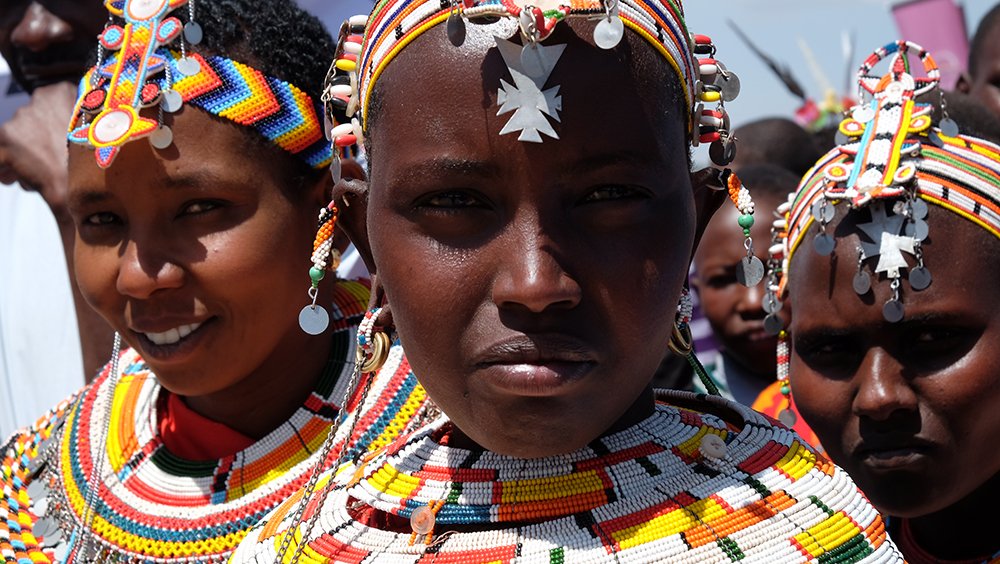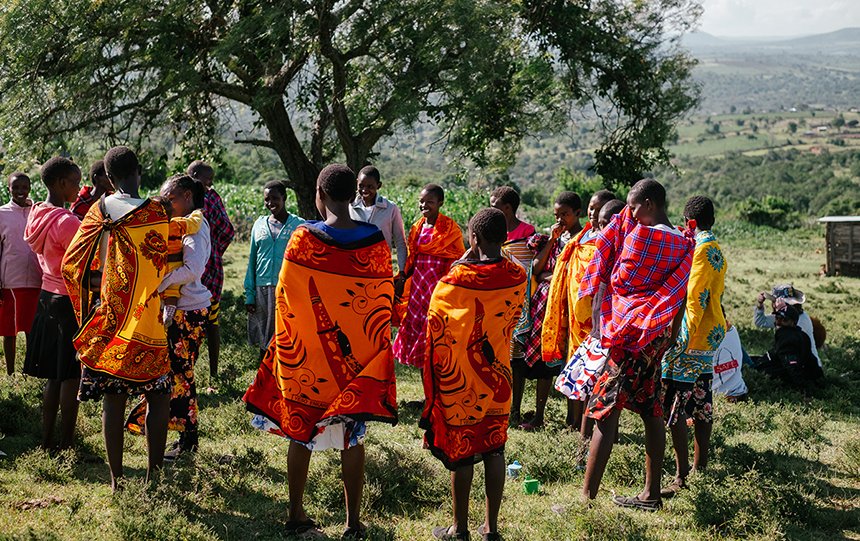Sexual & Reproductive Health and Rights (SRHR)
S.A.F.E. recognises that one of the key challenges to addressing the spread of sexually transmitted diseases and other SRHR issues in Kenya is overcoming the social and cultural barriers which prevent access to key services.

S.A.F.E., therefore, uses a popular, strategic communication tool – mobile, high-quality performance – to give out education and tackle cultural influences and behaviours. By delivering education through accessible performance, S.A.F.E. informs and motivates people to change their behaviours.
S.A.F.E.’s follow up community workshops and other educational activities delve deeper into the issues raised during the performance tours. They provide a safe space for community members to come together and discuss these sensitive issues and ask questions. When carried out in the wake of a performance tour, these workshops are transformative.
S.A.F.E. works in partnership with other local NGOs and government health facilities offering key SRHR services. When these services are offered in the wake of a S.A.F.E. intervention, partners experience a significant increase in uptake.

S.A.F.E.’s SRHR programme began in 2001 at the height of the HIV Pandemic in Kenya. The initial interventions had an enormous impact on vulnerable groups and communities, and their ability to stop the spread of HIV.
A particular success of S.A.F.E.’s intervention was the increase in the number of people being tested. Mobile testing units would report that in previous visits to villages, they would only receive 2 or 3 people willing to come forward for testing. After a S.A.F.E. intervention in the same villages, this number would increase into the hundreds.
S.A.F.E.’s SRHR programme today has been updated and adapted to include projects on early marriage, unplanned and early pregnancy, and access to contraception due to the increased need for these interventions in S.A.F.E.’s target communities.